The Drama Triangle
or Karpman Triangle
what is it and how to get out of it ?
It’s a three-person game, in which communication is biased by the position adopted by each of the participants.
Let me make it clear right away: we’re not talking about a ménage à trois . . . but you’ve probably already played it 😁
See also : Strengthen your emotional resilience
See also : Boost your professional development
See also : Get your work and life back on track
An example ?
Victim : “I can’t organize the project meeting. I took it upon myself and my time to do it – when I’m already overloaded, tired and should be away – but no one is interested and no one keeps me informed. That’s not fair. I feel like a loser and exploited.“
Persecutor : “You do not volunteer to perform a task when you are unable to do so. Now you have to handle it. Start by attending meetings, this is a minimum if you don’t want to be excluded from the project.“
Rescuer : “It’s not fair what happens to you. P. is really exaggerating and you’re not that bad. Don’t worry, I’ll take care of it for you.“
Who is the winner ? No one, of course. Everyone is slipping into their own role and the situation can only move in circles, at best.
This “game”, called the Drama Triangle or Karpman Triangle, named after Dr. Stephen B. Karpman who described it in 1968, is a figure of psychological manipulation that involves 3 actors who seek to satisfy their own interests and that can be summarized as follows :
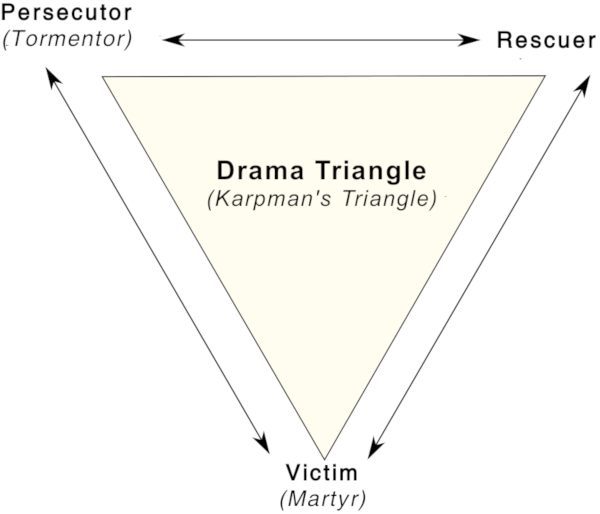
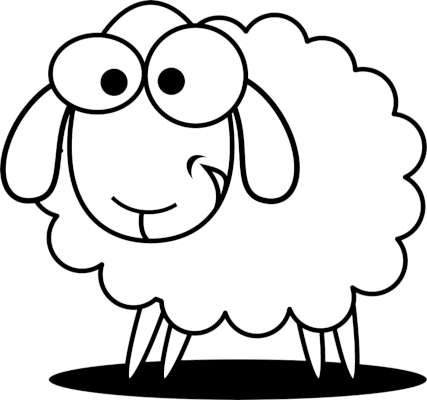
The Victim
- is in a state of pain, or presents itself as such
- acts as if it has no way out
- seeks to attract the attention of a Savior who will justify his or her seeming incompetence and will avoid him from taking his responsibilities
- seeks to attract the attention of a Persecutor who will justify his or her status as a victim and thus allow him to complain
His / her favorite phrases :
- “I always do everything right, even more, and nobody’s ever happy.”
- “it’s not fair, I’m never lucky”
- “no one understands my situation”
- “no one loves me”
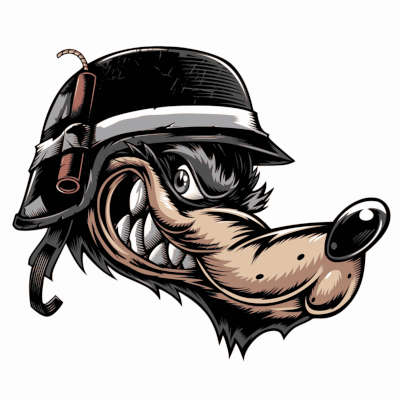
The Persecutor
- imposes his or her will, in part through punishment
- needs a victim, whom he or she will not respect, to feel strong
- is not necessarily a person, but may possibly be an element that justifies the Victim’s role : illness, alcohol, drugs…
His / her favorite phrases :
- “you never do anything right, thank God I’m here !”
- “you still haven’t learned to … !”
- “you’ll go home when you’re done doing your job !”
- “if you are too weak to work, you should not have come!”
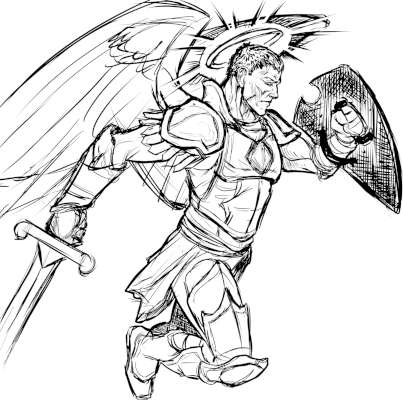
The Rescuer
- values the Victim’s dependent relationship, because without it he or she does not exist
- relieves the Victim of his or her responsibility by taking on the task of thinking and acting in his or her place
- has no real interest in the Victim getting out of it on her own
His / her favorite phrases :
- “don’t worry, I’ll take care of it, even if I don’t have that much time”
- “I’ll help you : I’ll do it”
Develop your full potential,
take the test
Mesure your mental fitness,
PQ score assessment

The Audience
Often forgotten, the Audience can also play an important role, as each of the actors may feel the need for public recognition of their respective roles.
The Victim may need it to show that it can do nothing about the situation, that it is forced to play this game, and thus gain the support from other potential rescuers.
The Persecutor to demonstrate that he or she is the strong man / strong woman of the situation
and the Rescuer because he/she is convinced to play the gentle role and wants us to know it.
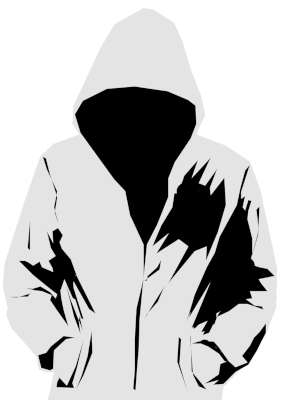
The Master of the game
So everyone needs the other to exist in this game. But there is one role that predominates, the one that plays the role of the Game Master.
Do you have any idea who it might be ?
Let’s return to the Triangle diagram (Stephen Karpman’s original presented here). The Persecutor and the Rescuer are in a higher position and dominate the Victim whom they consider inferior. But at the base of the Triangle, where the base of the game is located, is the Victim. Without it the Persecutor and the Savior have no role to play and the game does not exist or no longer exists.

The Victim is the true Master of the game !
* * *
It is noteworthy that the roles are interchangeable over time. A Victim can become the Persecutor of a Rescuer if he / she does not feel she has been properly saved, and the Rescuer will become a Victim himself and therefore the new master of the game. And so on and so forth.
Not entering a Karpman’s Triangle ?
A few simple questions, among many others, can help you avoid rushing into it.
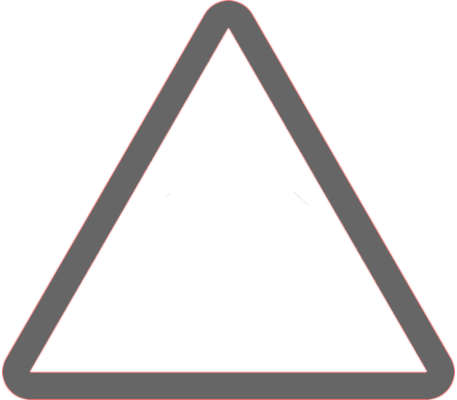
The Victim : Do I really need help ? How can I make my request rationally and without denigrating myself ? Who is the best person to contact ?
The Rescuer : Did I really receive a clearly formulated request for help ? Am I the best person to answer it ? How can I respond to the request without denigrating the requester ?
The Persecutor : Have I really been given the authority to act in this matter ? Do I actually have to act in an authoritative manner ? Will I receive appropriate recognition for my action
How to get out of a Drama Triangle ?
Awareness of what is going on inside you is essential to avoid being sucked into a Drama Triangle and especially if you wish to get out of it.
This is easier said than done, of course. However, there are techniques, some of which come from Positive Thinking and its Mental Fitness, which mainly involves understanding the mechanisms, the neural pathways – that we have all built throughout our life – and how to alter them.
- understand how our strengths can, in time, become our weaknesses
- Understand how what helped us survive for a while in a hostile environment, a disease for example, can become a handicap
- Understand how we act, and how our environment reacts in response
- Understand how to master our Saboteurs and release who we really are
See also : growing your emotional Resilience
* * *
In any case, the main point is to be aware of what is happening and to avoid already experienced situations.
A dose of shared humor is also a good way to relax the situation.
And if there is an Audience, the best is to find a way to exclude it from the game. Having a private conversation with the other players often effectively defuses the spiral.
Life coach for leaders, managers and project leaders. Professional development. Certified International Coaching Federation coach, work-life balance coach and Mental Fitness coach, InterQualia Flow assessment. Certified coach in Switzerland, Lausanne, Yverdon, Geneva and Online. France & Canada © 2018 – 2024 – Design and production Alternatives et Transitions Coaching
Illustrations credits: personal compositions and pixabay.com

